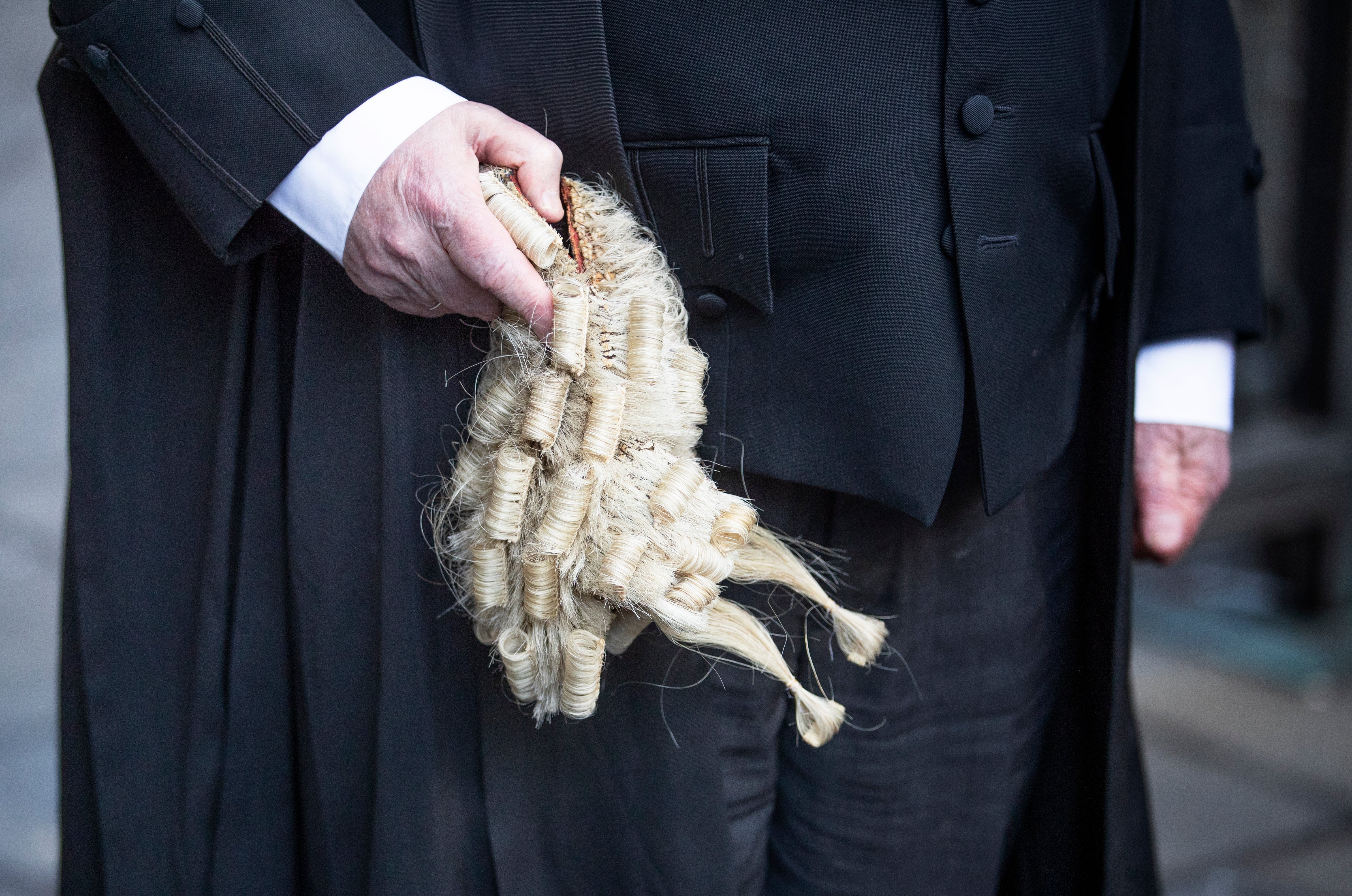Court backlog could take up to 2026 to be cleared, MSPs told
Court cases have been severely delayed by coronavirus.

Your support helps us to tell the story
From reproductive rights to climate change to Big Tech, The Independent is on the ground when the story is developing. Whether it's investigating the financials of Elon Musk's pro-Trump PAC or producing our latest documentary, 'The A Word', which shines a light on the American women fighting for reproductive rights, we know how important it is to parse out the facts from the messaging.
At such a critical moment in US history, we need reporters on the ground. Your donation allows us to keep sending journalists to speak to both sides of the story.
The Independent is trusted by Americans across the entire political spectrum. And unlike many other quality news outlets, we choose not to lock Americans out of our reporting and analysis with paywalls. We believe quality journalism should be available to everyone, paid for by those who can afford it.
Your support makes all the difference.The backlog in Scotland’s courts caused by the pandemic could take up to five years to be cleared, MSPs have been told.
The pandemic has put significant strain on Scotland’s justice system, with lockdown forcing all but the most serious of cases to be postponed.
Justice officials have been clear it will take some time to deal with the backlog of cases, with estimates previously stating it would take to 2025.
The Scottish Courts and Tribunals Service (SCTS) put in place a recovery programme in September which, among other measures, saw the number of high courts open expand from 16 to 20.
But David Fraser, executive director of court operations at the SCTS, said recent projections have pushed the timeline back for clearing the backlog even further.
“In our current projections, it will take us a couple of years – potentially 2026 – before we get the backlog that’s been created back under control,” he told the Criminal Justice Committee at Holyrood.
“It’s essential that we continue with that recovery programme, with that additional level.
“We could go beyond that and further increase our capacity, but you’ve got finite resources, as you will well know – not just ourselves but the Crown Office and the defence community as well, particularly in terms of being able to gear up to even more of a recovery programme.”
The beginning of trials, Mr Fraser said, would take 22 weeks from the first appearance of the accused before Covid-19, but that timescale has increased to “just under a year” since the pandemic took hold.
“That is still a considerably long time and I appreciate the time that is taken before that when it’s with Crown and police – so from a victim’s perspective it is a long time,” he said.
Mr Fraser said the SCTS is looking at different ways to speed up the easing of the backlog, but added: “The key, for me, within the court service is making the best use of slots we have available for trials to proceed.”
He also called on both prosecutors and defence lawyers to ensure trials must go ahead before a not guilty plea is entered.